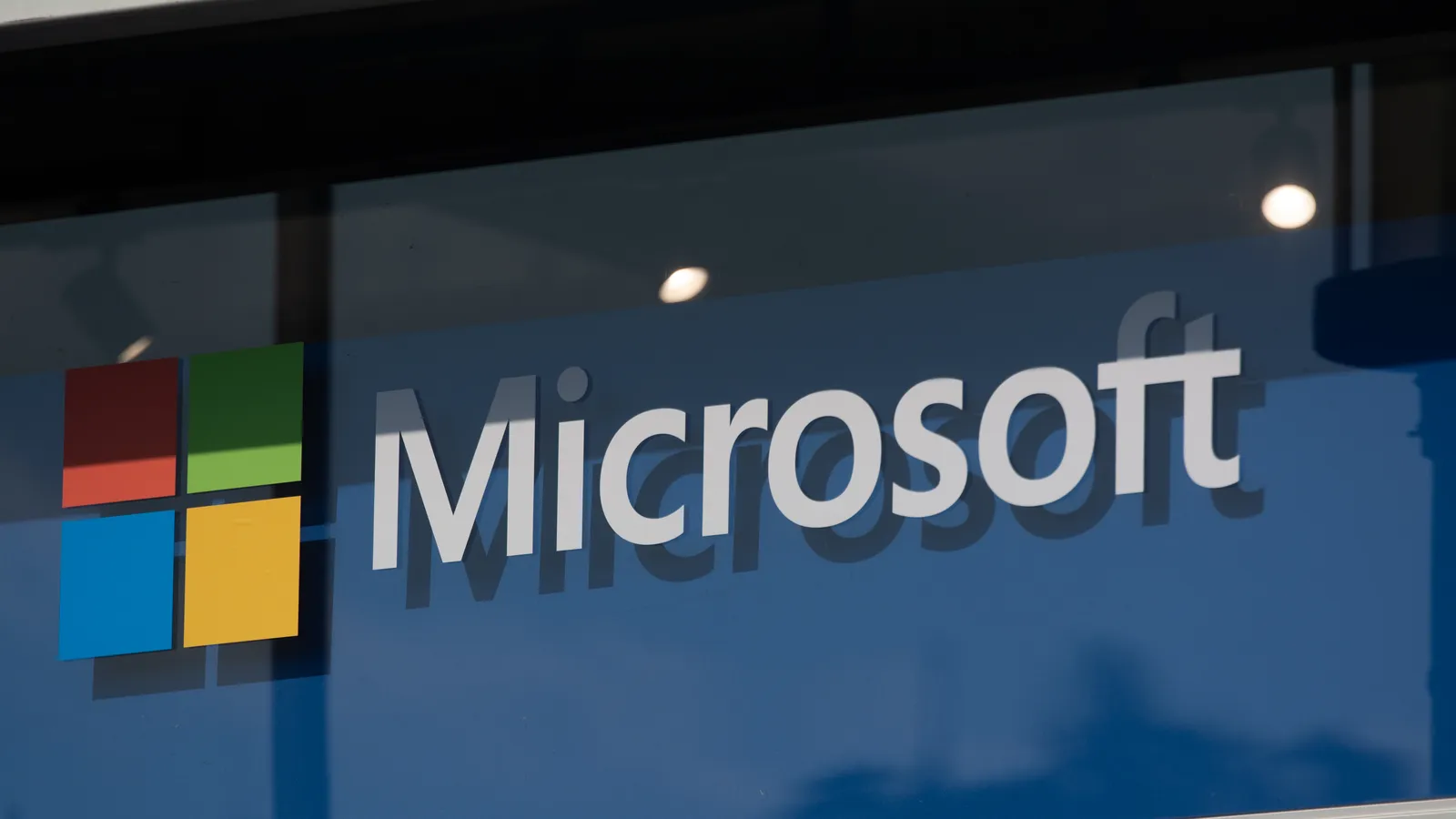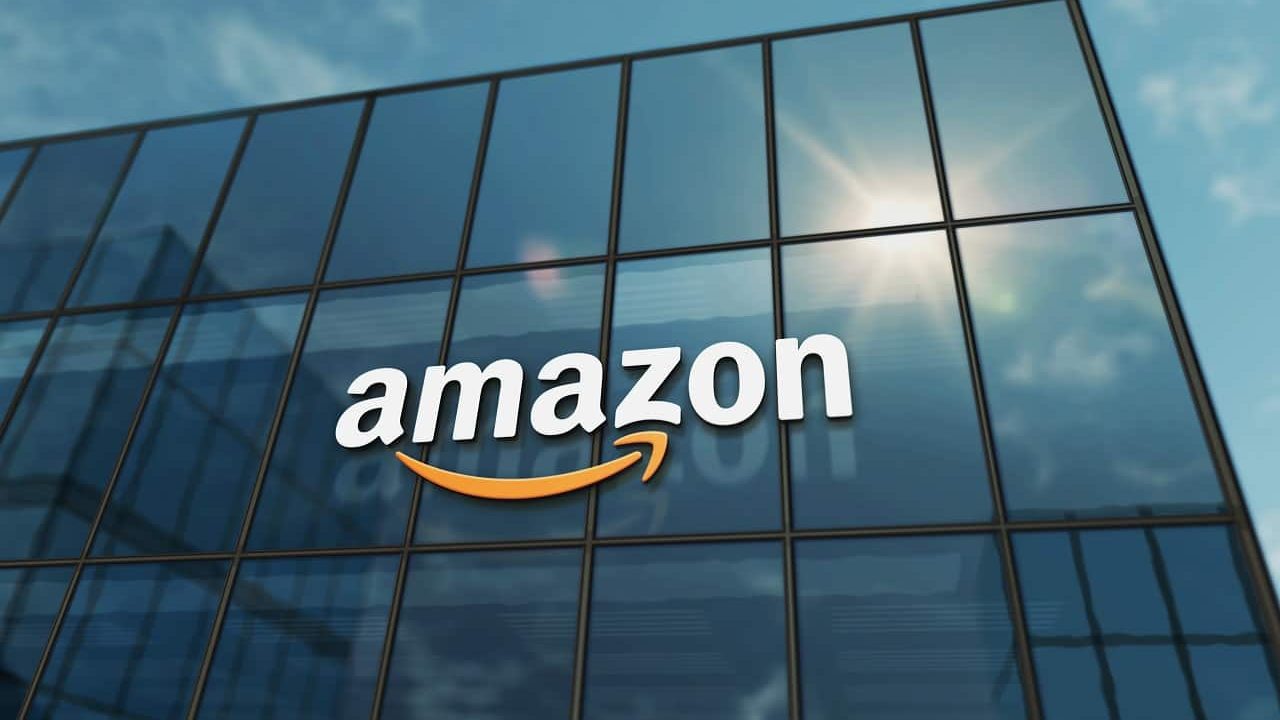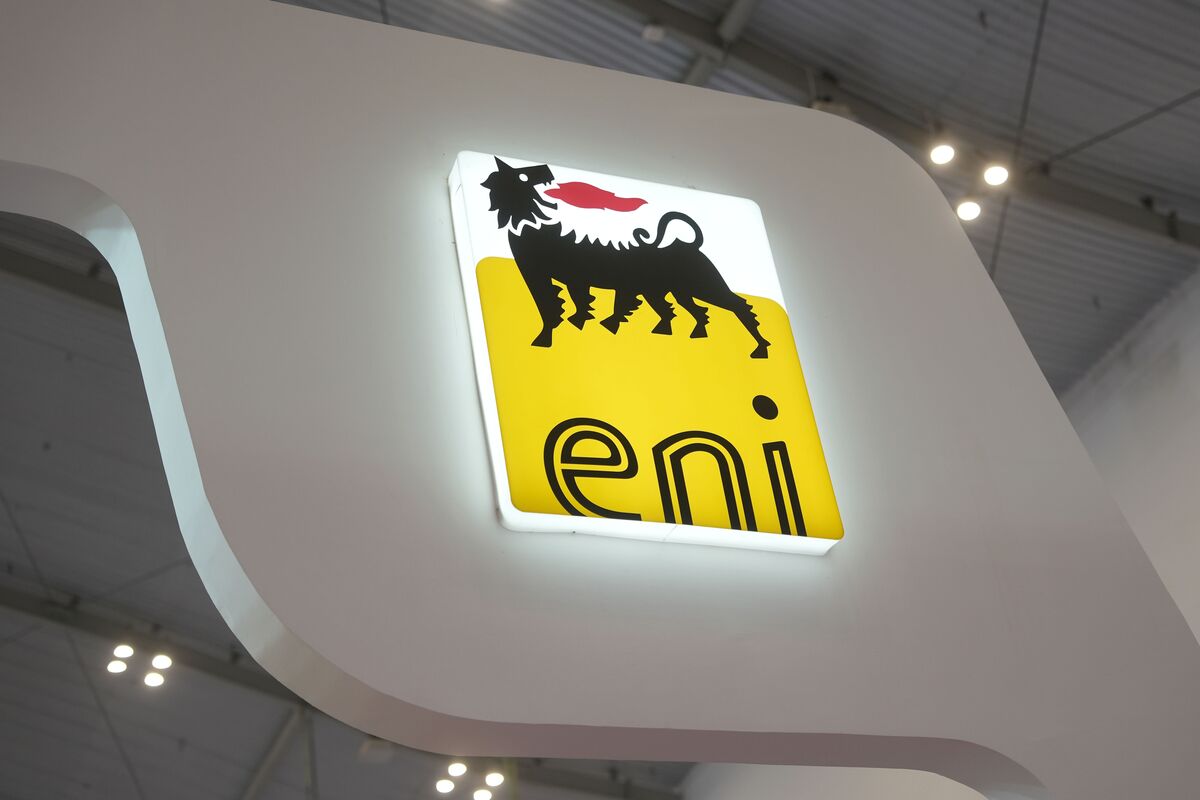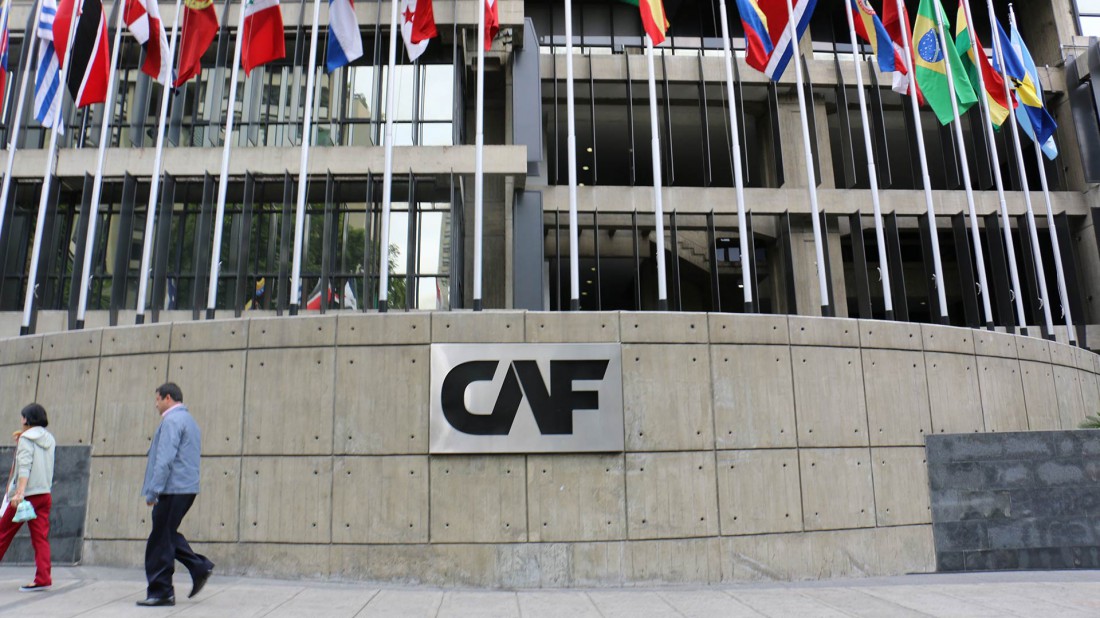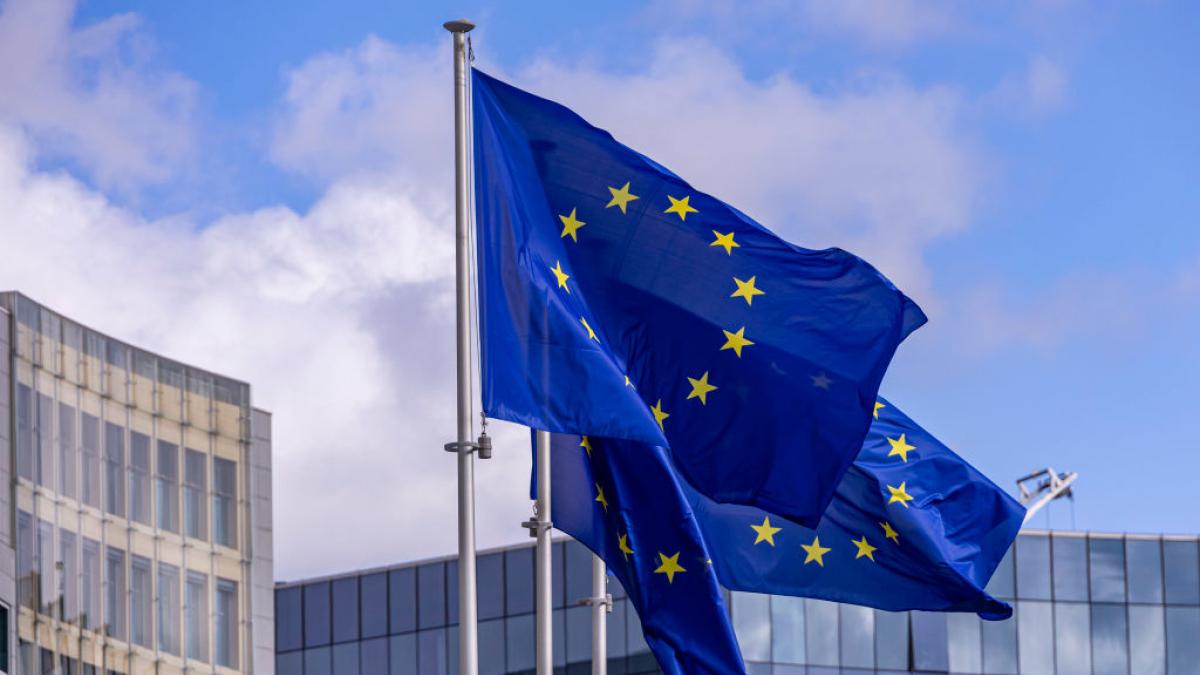Microsoft Forms New Team to Reduce Cloud and AI Emissions Amid Rising Scope 3 Carbon Footprint
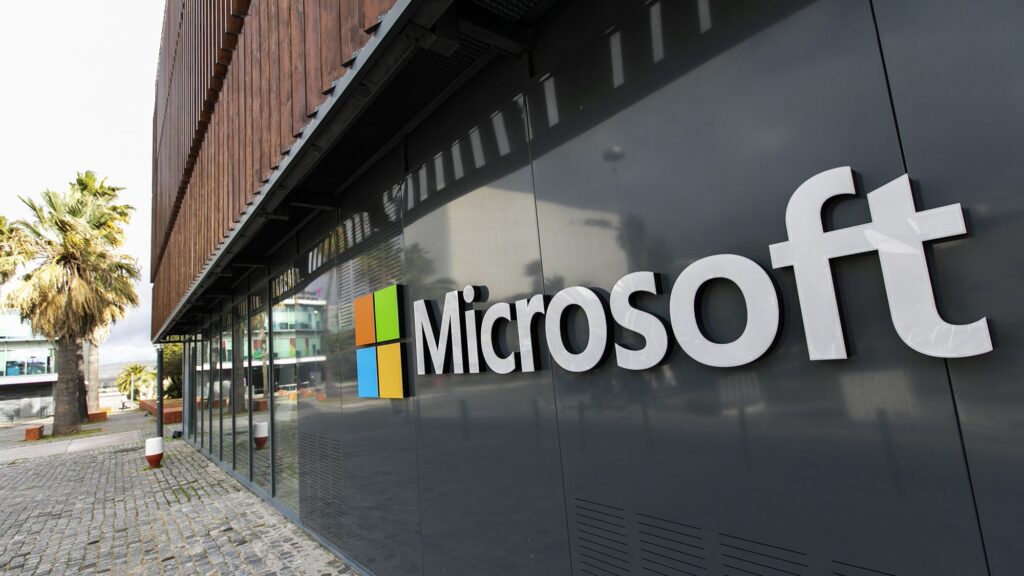
|
Listen to this story:
|
- Microsoft forms a new supplier decarbonization team to reduce cloud and AI-based emissions.
- The team includes experts from Microsoft, Google, and Meta, focusing on Scope 3 emissions.
- Microsoft’s data center expansion has increased its emissions, highlighting the need for stronger sustainability measures.
Microsoft is doubling down on its commitment to sustainability with the formation of a new supplier decarbonization team. This initiative aims to tackle the rising carbon footprint associated with the company’s cloud and AI operations, which have significantly expanded in recent years.
New Leadership, New Goals
The newly appointed team includes seasoned professionals: Tim Hopper as Cloud Supply Chain Sustainability Manager, Ray Waweru as Senior Program Manager for Cloud Services Sustainability, and Sofia Khan focusing on Scope 3 Decarbonization.
Tim Hopper, a 20-year veteran at Microsoft, has focused his recent efforts on responsible sourcing and developing a cloud supply chain strategy aligned with Microsoft’s climate objectives. Ray Waweru joins from Google, where he led sustainable procurement and previously managed sustainable sourcing and ESG reporting at WeWork. Sofia Khan brings her experience as Net Zero Lead at Meta and her background in sustainability consulting at Quantis and EY.
Khan expressed her enthusiasm on LinkedIn, stating, “I’m ecstatic to share that I’m starting a new position collaborating and innovating to decarbonize scope 3 emissions at Microsoft. I am excited to work and learn alongside talented and warm colleagues at an organization that is truly committed to sustainability and a leader in AI. Cheers to making an impact and having fun along the way!!”
Tackling Scope 3 Emissions
Microsoft’s move to build this team underscores the growing challenge of managing emissions as their data center footprint expands. While the company has set an ambitious goal to reduce Scope 3 emissions by more than 50% by 2030 compared to 2020 levels, recent data shows these emissions have increased by over 30% from 2020 to 2023. This surge is largely due to the need for greater AI computing power, which has driven data center growth.
Scope 3 emissions, which include the “Purchased Goods & Services” category, account for over 96% of Microsoft’s total emissions. Earlier this year, Microsoft launched a company-wide initiative aimed at addressing these emissions. Measures include a new policy for key suppliers to use 100% carbon-free electricity.
Related Article: Meta Restores 1.5 Billion Gallons of Water in 2024, Maintaining Net Zero Emissions
Charlie Sellars, Director of Sustainability for Cloud Operations and Innovation at Microsoft, praised the new team on LinkedIn, saying, “Incredibly honored to have these three on my team to tackle those pesky Scope 3.1 ‘Purchased Goods and Services’ carbon emissions from our cloud and AI operations.”
By enhancing its focus on supplier sustainability, Microsoft aims to lead the tech industry in reducing the environmental impact of cloud and AI technologies, setting a new standard for corporate responsibility in a rapidly evolving digital landscape.

